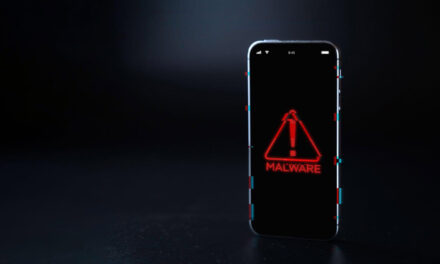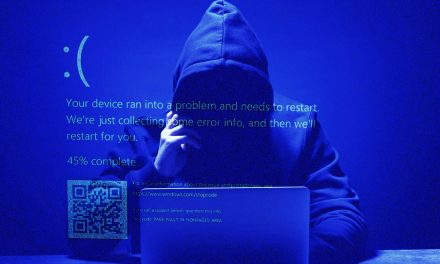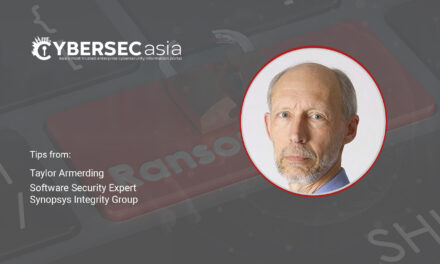As flexible work arrangements become common, changes at the traditional office are also needed to keep pace with employee sentiments: study
To understand hot topic issues including best practices for hybrid work, office visitor-management systems and how hybrid work affects workplace security, a study of 1,500 business leaders and 1,500 employees was conducted across the United States, Canada, United Kingdom, Australia, Germany, Saudi Arabia, United Arab Emirates, Indonesia, Japan and Singapore (150 from each respective group per country) this year.
The data shows that 85% of respondents who were leaders, and 87% of respondents who were employees, reported that their firm was currently using a hybrid model or was fully remote and considering a hybrid work model.
However, 67% of employee respondents reported up to six instances of lost productivity due to network access issues, and 20% of responding leaders cited home internet security and 20% cited leakage of sensitive company data (20%) among their top security challenges.
Other findings
Among the surveyed population, here are some other findings gleaned from the data:
- 98% of respondents who were business leaders and 97% who were employees ‘agreed’ (to prompts) that it was important for their company to have a system in place that logs and tracks visitors when employees are working in the office.
- 75% of respondents indicated that data security training had become a priority for leaders, with 75% offering employees training on it. Also, 85% of responding leaders reported that this training was a result of remote work prompted by the pandemic.
- 73% of respondents indicated they were considering hiring talent that reside in geographically diverse locations. For employers following this trend and hiring employees in a new, hybrid environment.
- For training matters, 47% of business leaders in the survey were rolling out improved training methods, 39% were using improved collaboration tools and implementing mobile ID issuance for remote employees.
- 52% of leaders in the survey were taking steps to maintain internal security by rolling out one-time password technology; 40% utilizing biometric authentication and 37% using mobile identity verification, citing the desire to stay ahead of hackers and protect their internal data.
- 65% of employers surveyed in Japan said they had offered data security training for the hybrid work model, but only 36% of employees agreed, indicating a potential gap in communication or training execution.
- Businesses in Indonesia were particularly likely to implement cutting-edge security technologies into their business practices, with 75% of employers surveyed saying they had utilised one-time passwords and 69% indicating they utilized biometric authentication.
- Employees surveyed in Asia were less confident about their company’s level of data protection when working remotely: 66% of employees surveyed in Singapore and 86% of those surveyed in Japan had expressed a lack of confidence. In comparison, 62% of employees in the United States stated they were “very confident”.
- 75% of leaders surveyed indicated that their company had offered employees training on data security; 85% had indicated that it was offered as a result of the pandemic.
- 82% of leaders and 93% of employees survyed cited the risk of spreading COVID-19 as the top reason for managing and tracking visitors. Other reasons included protecting confidential information (58% of leaders and 70% of employees surveyed) and avoiding physical harm to employees (64% of leaders and 68% of employees surveyed).
According to James Cook, Director of Digital Security (Asia Pacific and Japan), Entrust, the firm that commissioned the survey: “With the study overwhelmingly indicating the desire of 97% of employees to work in a hybrid model moving forward, this data study provides businesses insight about how to democratize work-from-anywhere and incorporate security practices into their hybrid approach by implementing solutions such as passwordless and biometric authentication, mobile identity verification and more.”

















